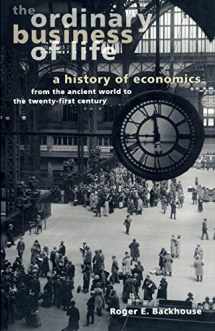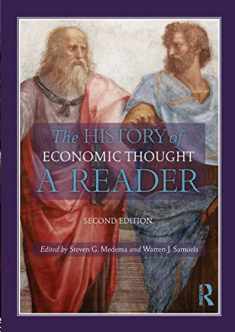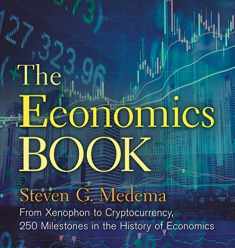
The Ordinary Business of Life: A History of Economics from the Ancient World to the Twenty-First Century
Book details
Summary
Description
In some of Western culture's earliest writings, Hesiod defined the basic economic problem as one of scarce resources, a view still held by most economists. Diocletian tried to save the falling Roman Empire with wage and price fixes--a strategy that has not gone entirely out of style. And just as they did in the late nineteenth century, thinkers trained in physics renovated economic inquiry in the late twentieth century. Taking us from Homer to the frontiers of game theory, this book presents an engrossing history of economics, what Alfred Marshall called "the study of mankind in the ordinary business of life."
While some regard economics as a modern invention, Roger Backhouse shows that economic ideas were influential even in antiquity--and that the origins of contemporary economic thought can be traced back to the ancients. He reveals the genesis of what we have come to think of as economic theory and shows the remarkable but seldom explored impact of economics, natural science, and philosophy on one another. Along the way, he introduces the fascinating characters who have thought about money and markets, including theologians, philosophers, politicians, lawyers, and poets as well as economists themselves. We learn how some of history's most influential concepts arose from specific times and places: from the Stoic notion of natural law to the mercantilism that rose with the European nation-state; from postwar development economics to the recent experimental and statistical economics made possible by affluence and powerful computers.
Vividly written and unprecedented in its integration of ancient and modern economic history, this book is the best history of economics--and among the finest intellectual histories--to be published since Heilbroner's The Worldly Philosophers. It proves that economics has been anything but "the dismal science."


We would LOVE it if you could help us and other readers by reviewing the book
Book review





